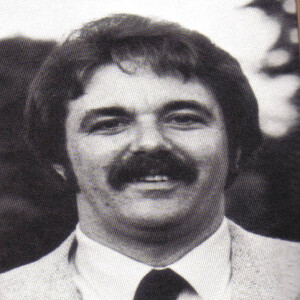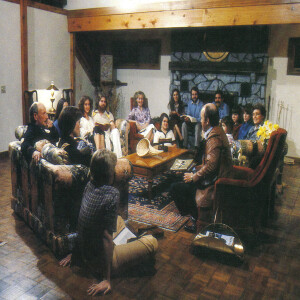
225.4K
Downloads
1679
Episodes
2 Timothy 2:2 And the things that thou hast heard of me among many witnesses, the same commit thou to faithful men, who shall be able to teach others also.
2 Timothy 2:2 And the things that thou hast heard of me among many witnesses, the same commit thou to faithful men, who shall be able to teach others also.
Episodes

Monday Dec 08, 2025
Monday Dec 08, 2025

Sunday Dec 07, 2025
Sunday Dec 07, 2025

Saturday Dec 06, 2025

Saturday Dec 06, 2025
Corps Acts 1975 - Time factors in the Book of Acts - Continued (Part 2)
Saturday Dec 06, 2025
Saturday Dec 06, 2025

Friday Dec 05, 2025

Thursday Dec 04, 2025

Wednesday Dec 03, 2025

Tuesday Dec 02, 2025

Monday Dec 01, 2025

Sunday Nov 30, 2025
Version: 20241125
